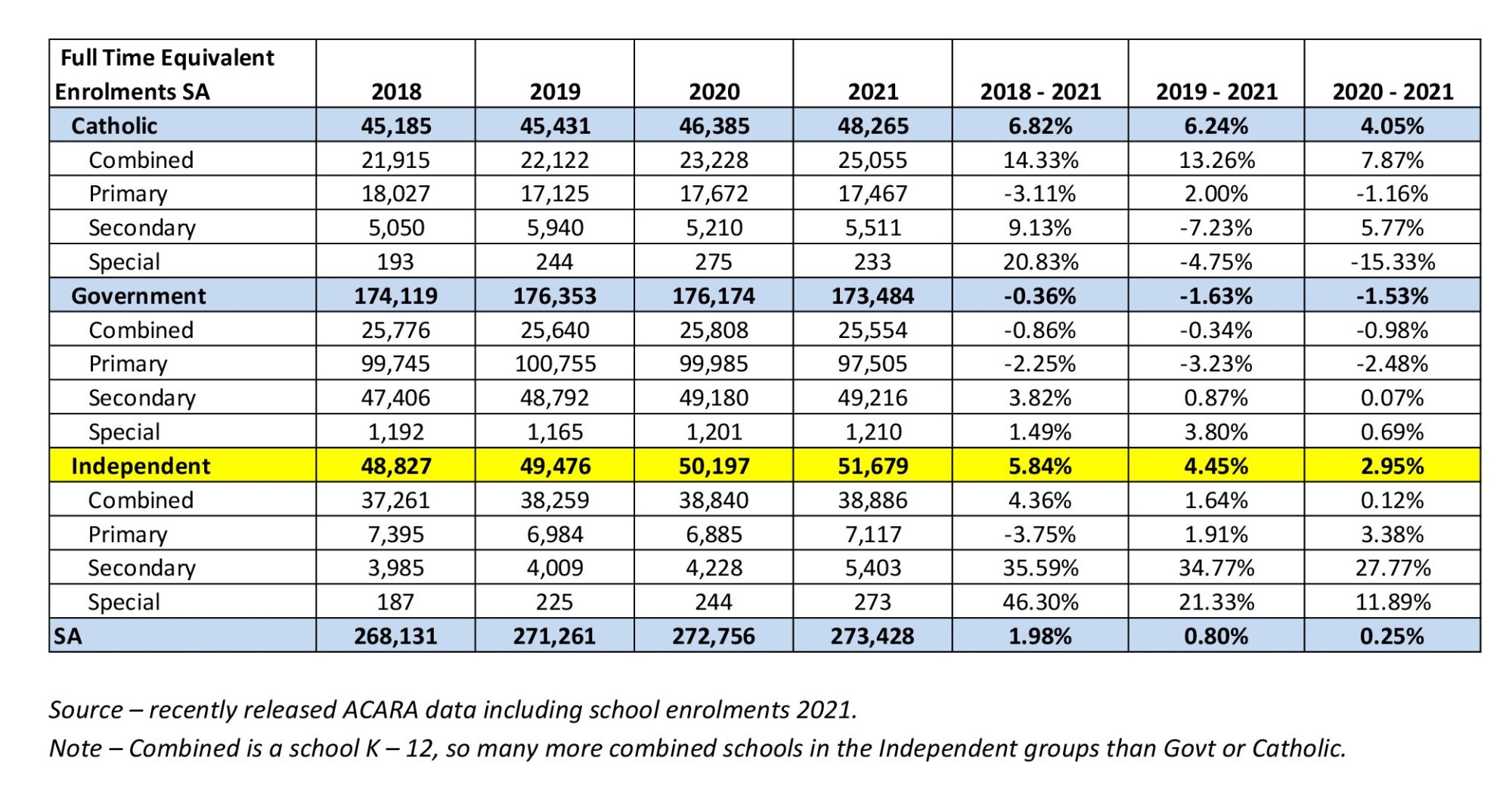Message from the President
Dear Members, Sponsors, and Colleagues,
When I sat down to write this article, I couldn’t help but feel an overwhelming sense of gratefulness for the Educate Plus community.
After four years in the making, nearly 500 delegates representing 233 institutions across Australia and New Zealand finally arrived in Adelaide, to submerge themselves in a Re-igniting experience! It was an outstanding four days of high level and varied program content, networking, innovation, creativity, and inspiration.
I am particularly proud of the SA/NT Chapter Committee: Patrick Kelly, Helen Karapandzic, Abhra Bhattacharjee, Janine Atkinson, Vanessa Grave, Steve Eden, Paul Bailey, Beck Healy, Julie Dow, and Ashleigh Day for all their support to the International Conference. From sending postcards, packing gifts bags, and scouting venues, to emceeing, chairing sessions, presenting, and making everyone feel welcome who attended…THANK YOU!
I am also grateful for the 120+ SA/NT delegates who attended. We were the largest cohort, and really got behind supporting the Conference. We showed our fellow Chapter colleagues how to conference (and party) again, and we made the SA/NT Chapter shine (despite the weather!).
I attended so many interesting and thought-provoking sessions myself. From Strategies for Sleep and The Neuroscience of Leadership, to Building a Culture of Philanthropy and How to Create a Great First Impression. I found many new trends, invaluable information, cutting edge strategies, and best practices to absorb!
For members unable to attend the conference, 23 sessions were recorded and will be available for purchase shortly.
For those of us who were fortunate to attend, I encourage you to:
- Set aside some ‘processing time’. Do a brain dump while things are still fresh in your mind.
- Share your takeaways and newly acquired knowledge with the rest of your team.
- Refine what you have learned to fit within your current strategies and challenges. Focus on implementing ONE thing at a time
- Connect on LinkedIn. Reach out to the new people you met at the conference. You never know which ones might offer support when encountering your next challenge or, who might can turn into long-lasting relationships!
- Follow your favourite speakers. Chances are that they will continue to provide great content and inspire you for months to come!
While the International Conference was terrific, there is still more to come in the Educate Plus calendar. Your SA/NT Chapter Committee is on a mission to make the second half of 2022 even better than the first one.
Stay tuned for more in-person and online events, workshops, and networking that I know you will love! We look forward to seeing you at some (or hopefully all!) of them.
Please do not hesitate to reach out to me or any committee member with suggestions or questions.
Warm regards,
Ana Gozalo
Educate Plus SA/NT Chapter Chair
agozalo@scotch.sa.edu.au
T: 08 8274 4340
M: 0413 032 115











